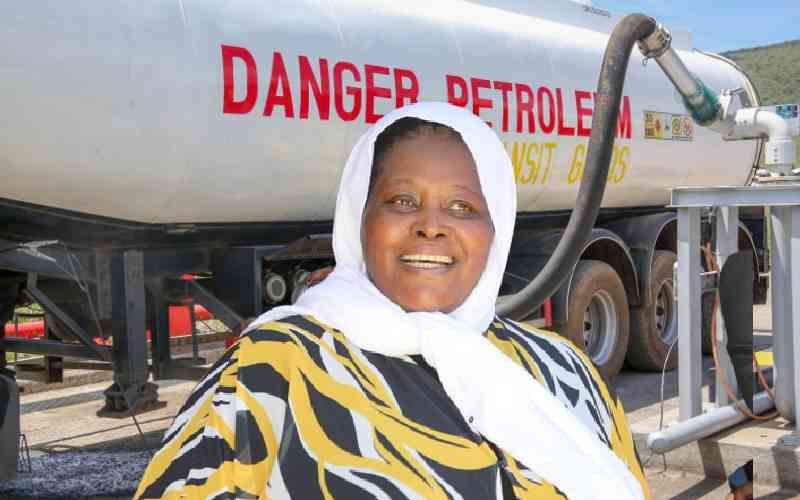
The oil companies contracted to import fuel under Kenya's deal with Gulf countries have dismissed claims that the agreement is costing taxpayers billions of shillings in corrupt dealings and has failed to achieve its objective.
In a joint statement published yesterday in local dailies, the three oil marketing companies (OMCs) - Gulf Energy, Galana Energies and Oryx Energies - defended the government's position that the deal with Saudi Arabia and United Arab Emirates was above board, despite claims by the Opposition that the deal was only benefiting a few individuals in the government through high fuel prices, to the detriment of Kenyan consumers.